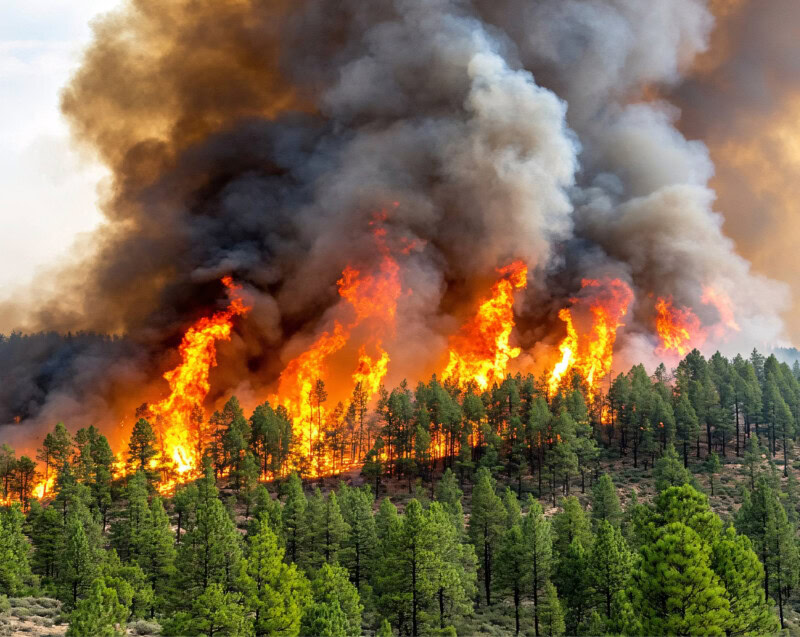Hurricane season is upon us, and the pandemic isn’t over yet. In regions susceptible to hurricanes, it’s even more important than ever to be prepared. Here are some tips from the American Red Cross to keep you and your family safe through the summer.
Tip 1: Know what you’re in for.
Though inclement weather can occur nearly anywhere in the U.S., hurricanes are specific to certain regions and nearly always occur within the same span of months each year. Red Cross has an interactive map which illustrates which regions are susceptible to which types of disasters. Your city or county government will also have a response plan in place which should give you guidance in case of emergency.
Tip 2: Know how to meet your basic needs.
Hurricanes can cause damage to power grids, block roads and highways, and cause businesses like grocery stores and pharmacies to close, and COVID-19 can add an extra layer of complexity to this. Consider learning First Aid or CPR using an online class. You can also assemble emergency supply kits containing things like prescription medicine, hygiene items, food and water, paper products, and so forth. The Red Cross has guidance on assembling a kit here.
Tip 3: Plan for shelter or evacuation.
Keep your eyes on emergency weather alerts and community notifications. Understand where in your household is the safest place to shelter during a storm, and be ready to leave quickly if an evacuation notice is given. If evacuation is necessary, consider how you can leave, where you could stay, and how you can protect yourself from COVID-19 during evacuation.
Tip 4: Plan your connections.
If communication networks fail, have a plan to connect with friends, relatives, or others in your support network. Have back-up power sources for your cell phone. Fill out a contact card for each member of your household, and be sure they carry it with them. Designate out-of-town contacts and agree on meeting spots.
Tip 5: Have a plan in place for your business.
If you’re a business owner and your property is in danger of storm damage, CTEH can help. “We stage people outside the path of the storm for a quick response,” said Paul Hart, CTEH’s director of health and safety services. “A storm can float tanks or shift objects or cause hazardous material spills. We can help with sampling and air monitoring, and we offer employee stabilization for people affected by the storms. Flooding can lead to moisture impacts, and we can also provide moisture mapping and industrial hygiene assessments. We also do COVID-19 testing and write health and safety plans related to COVID.”
For more information on how CTEH can help during storms, visit our website.




